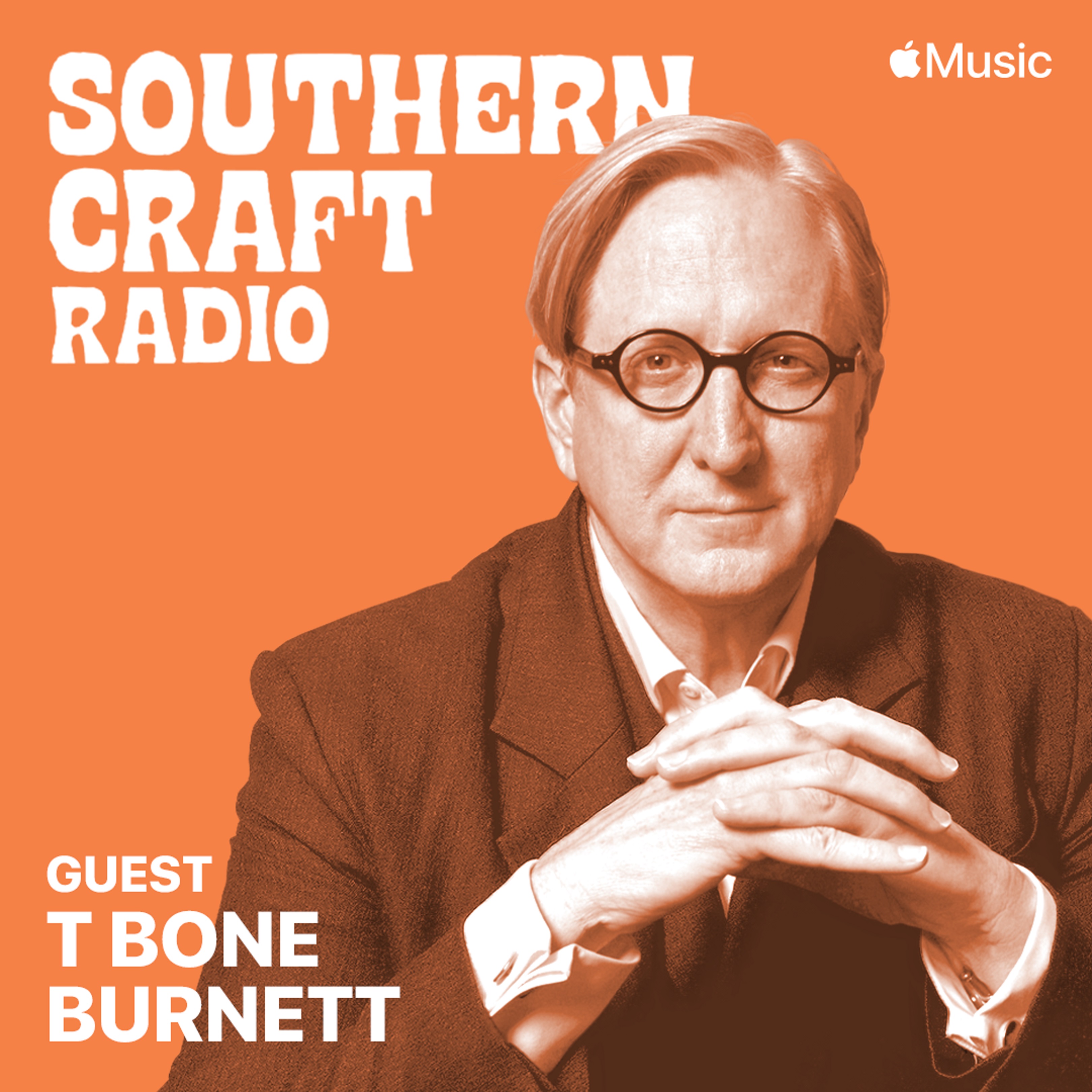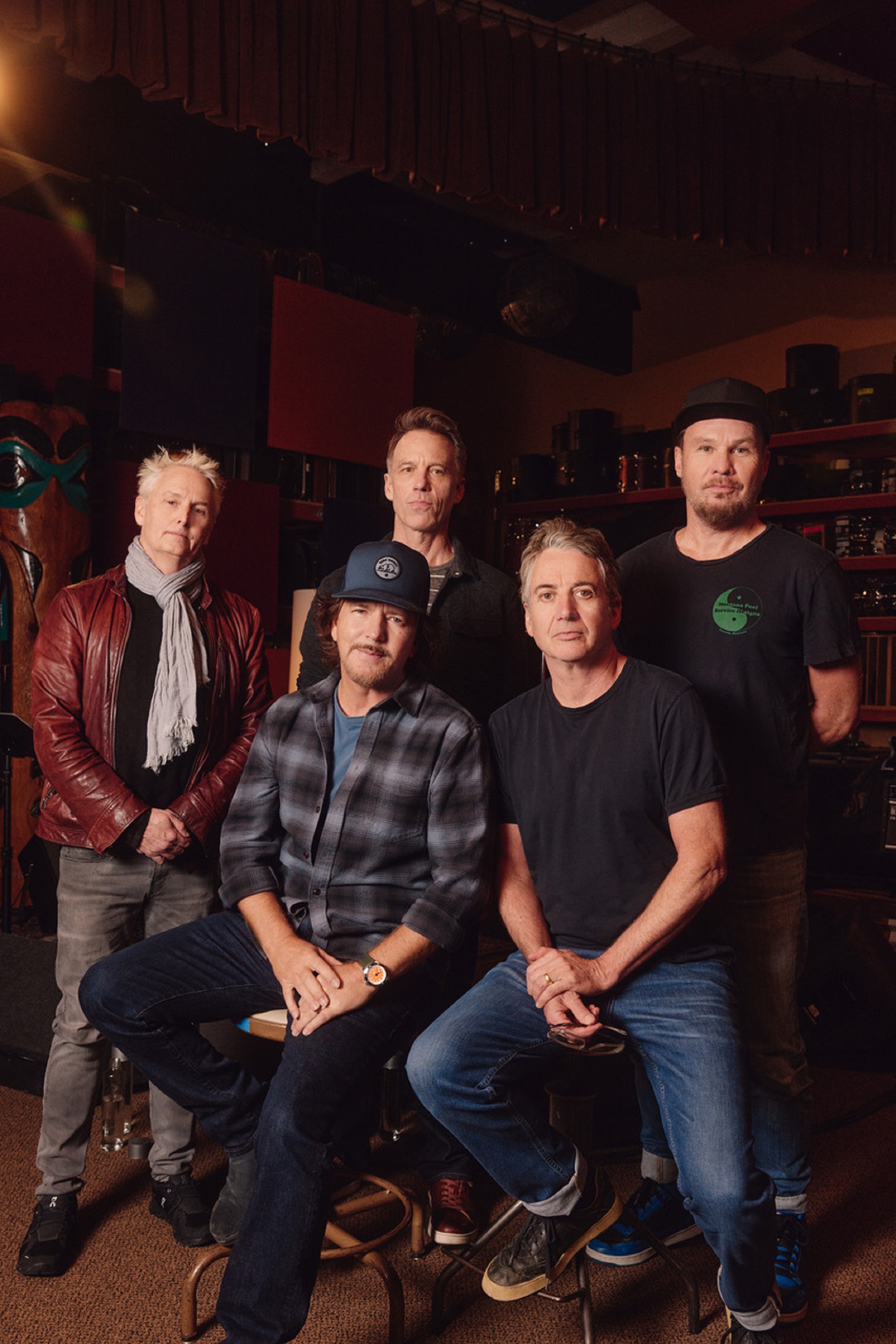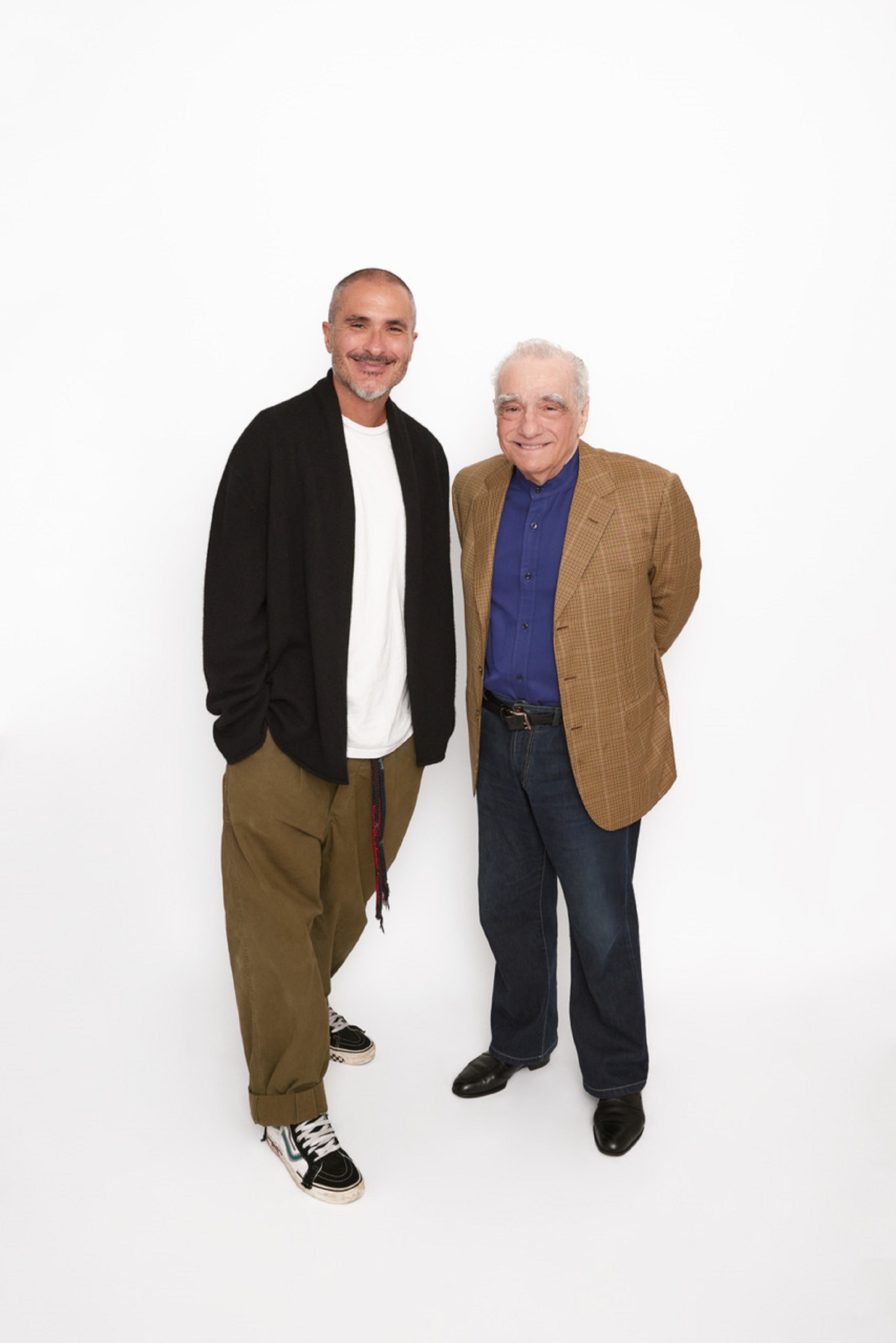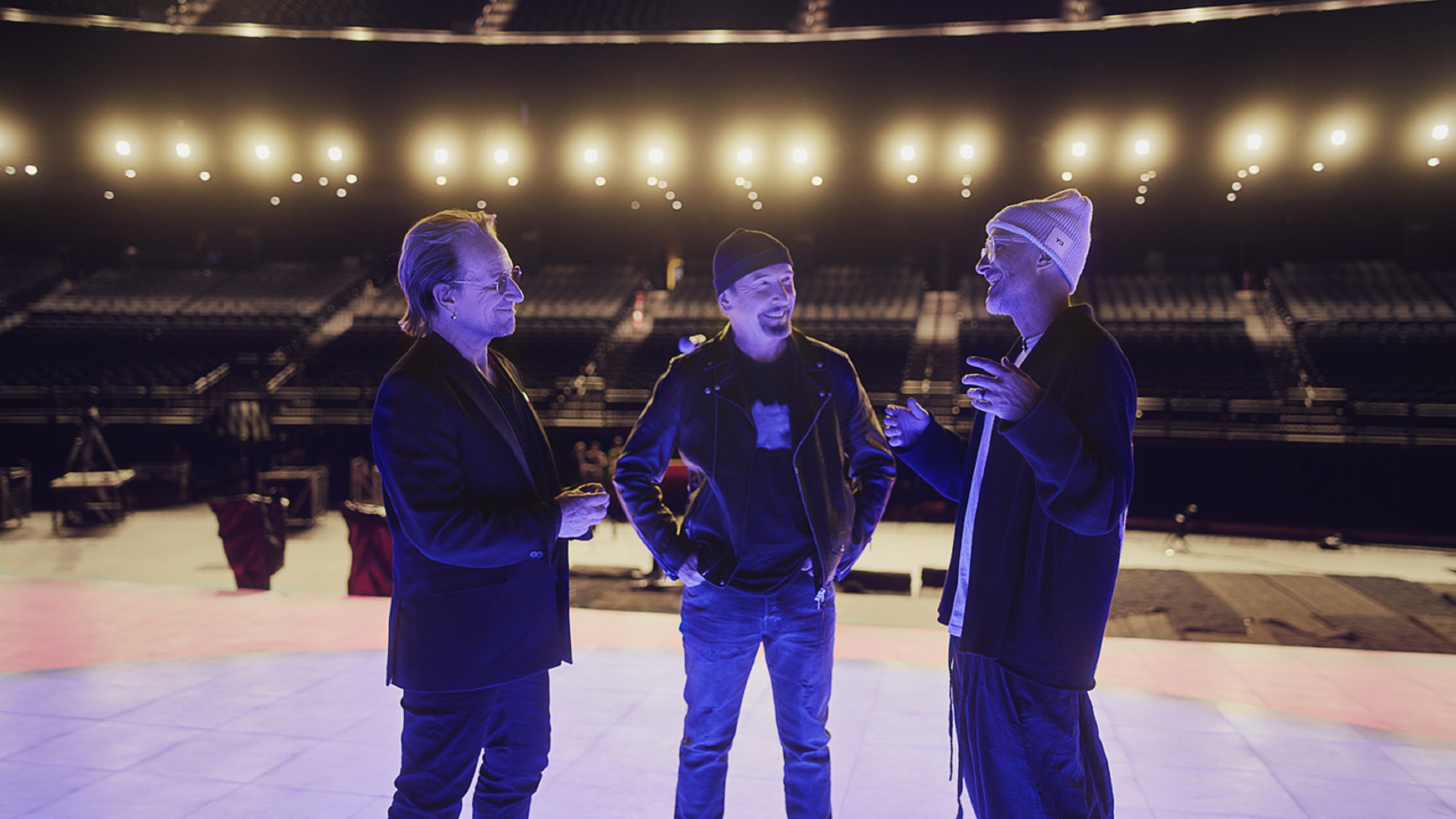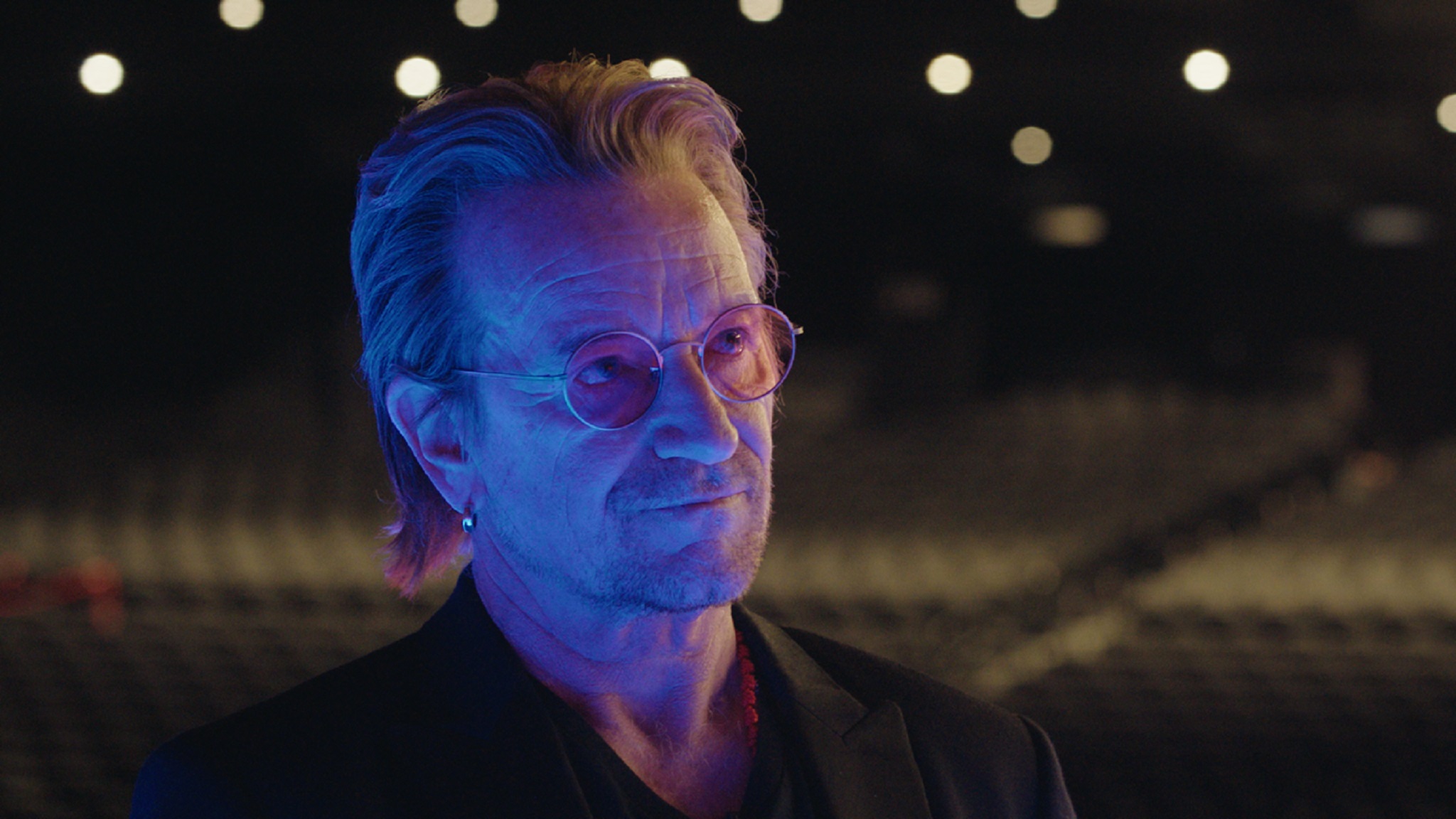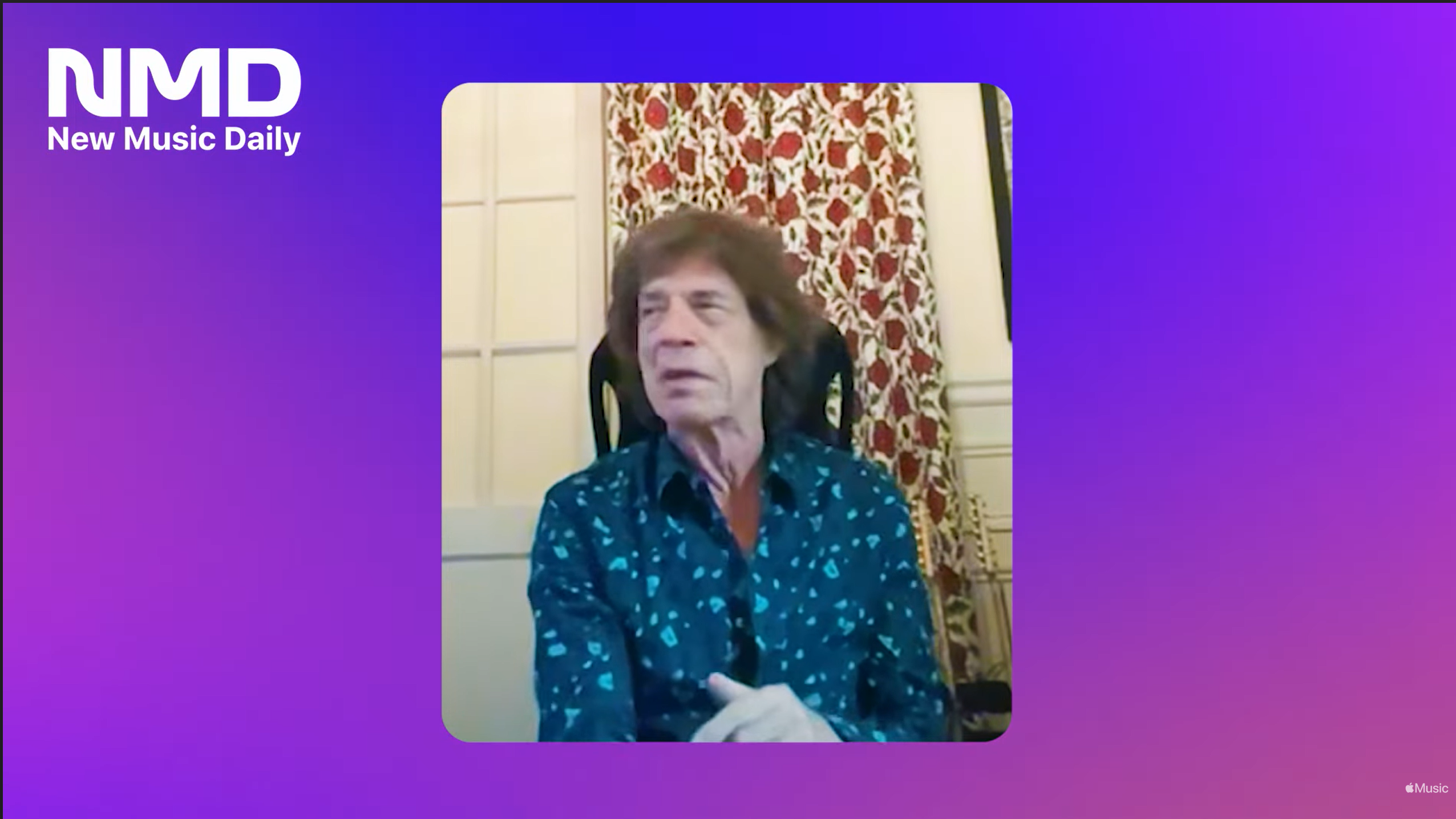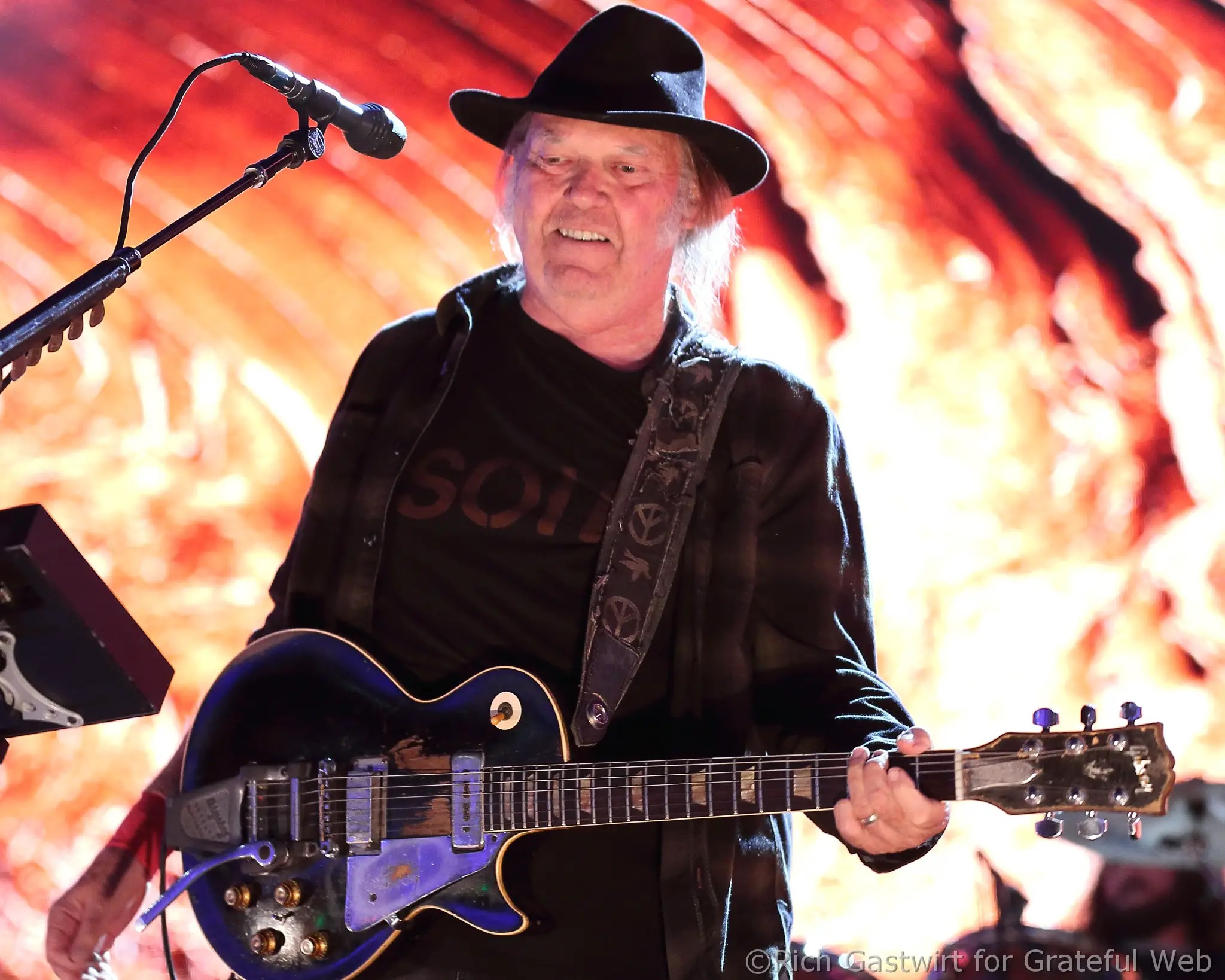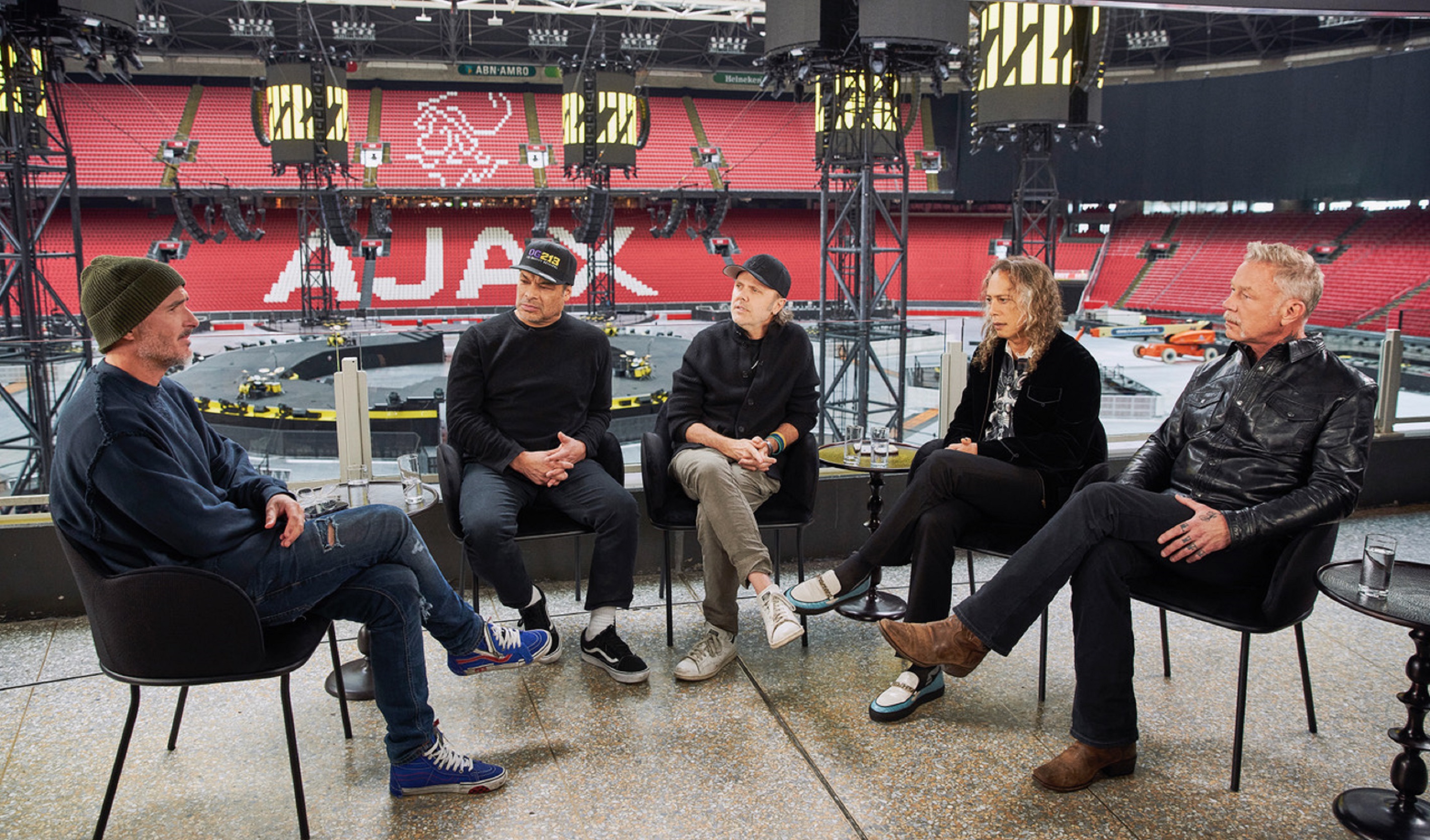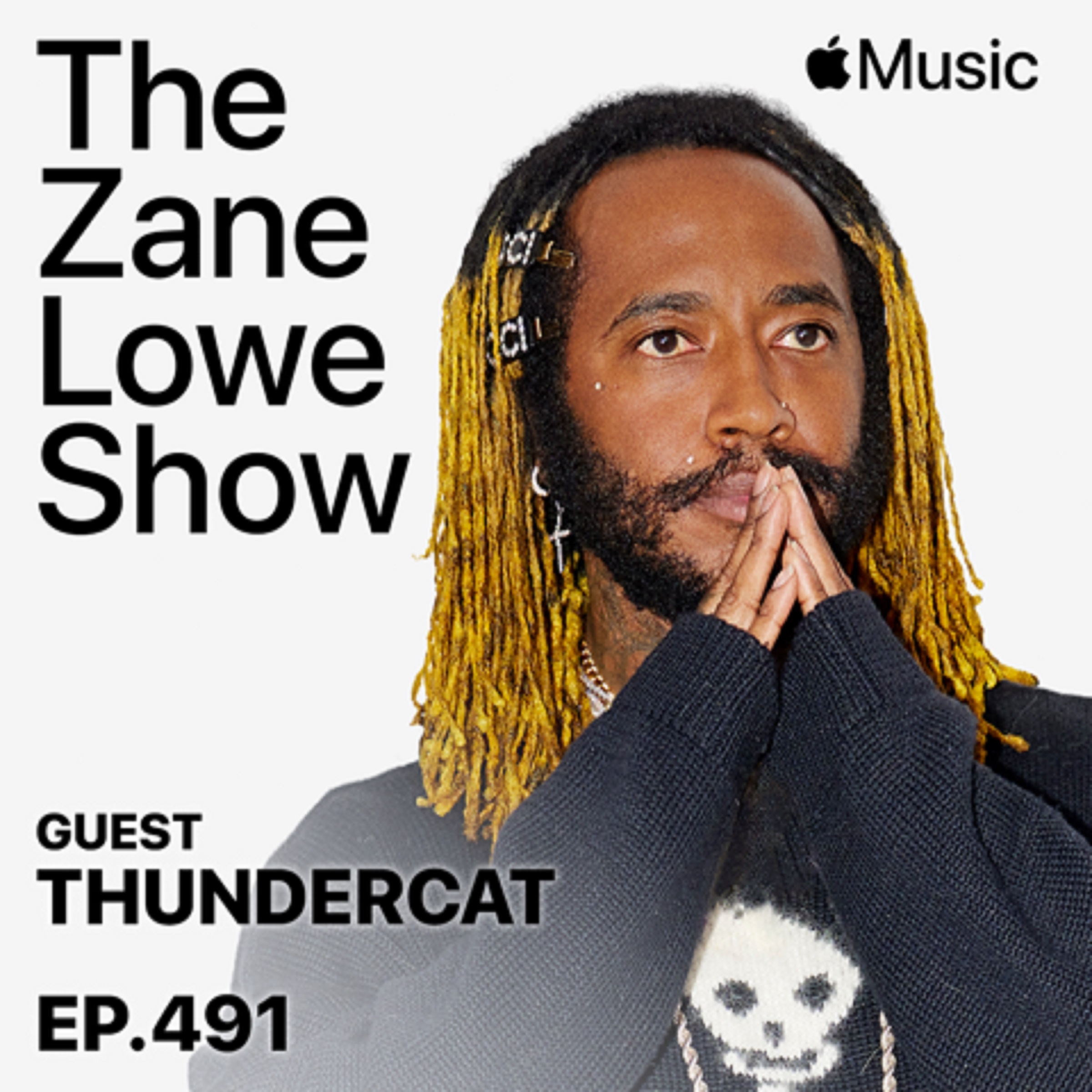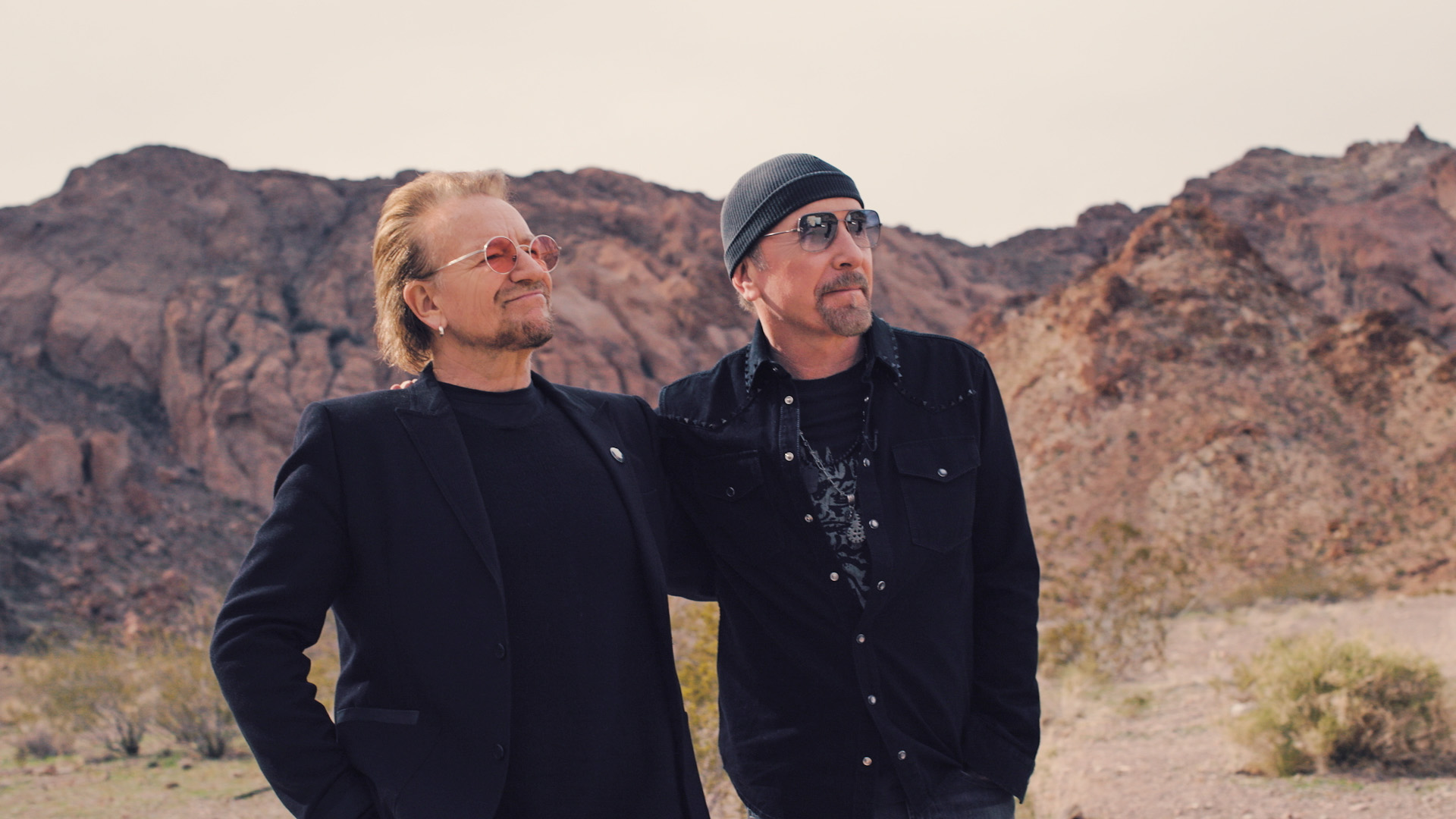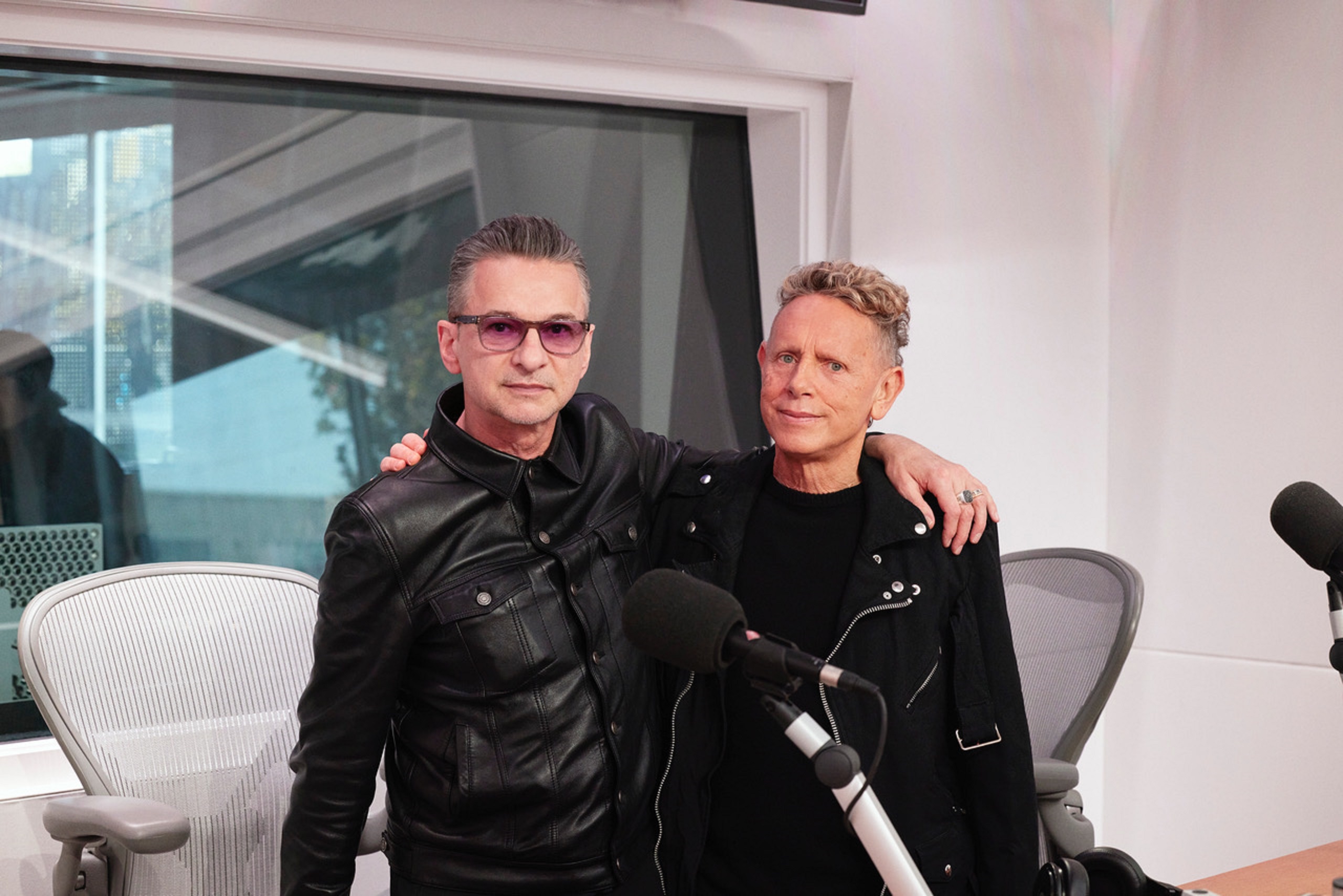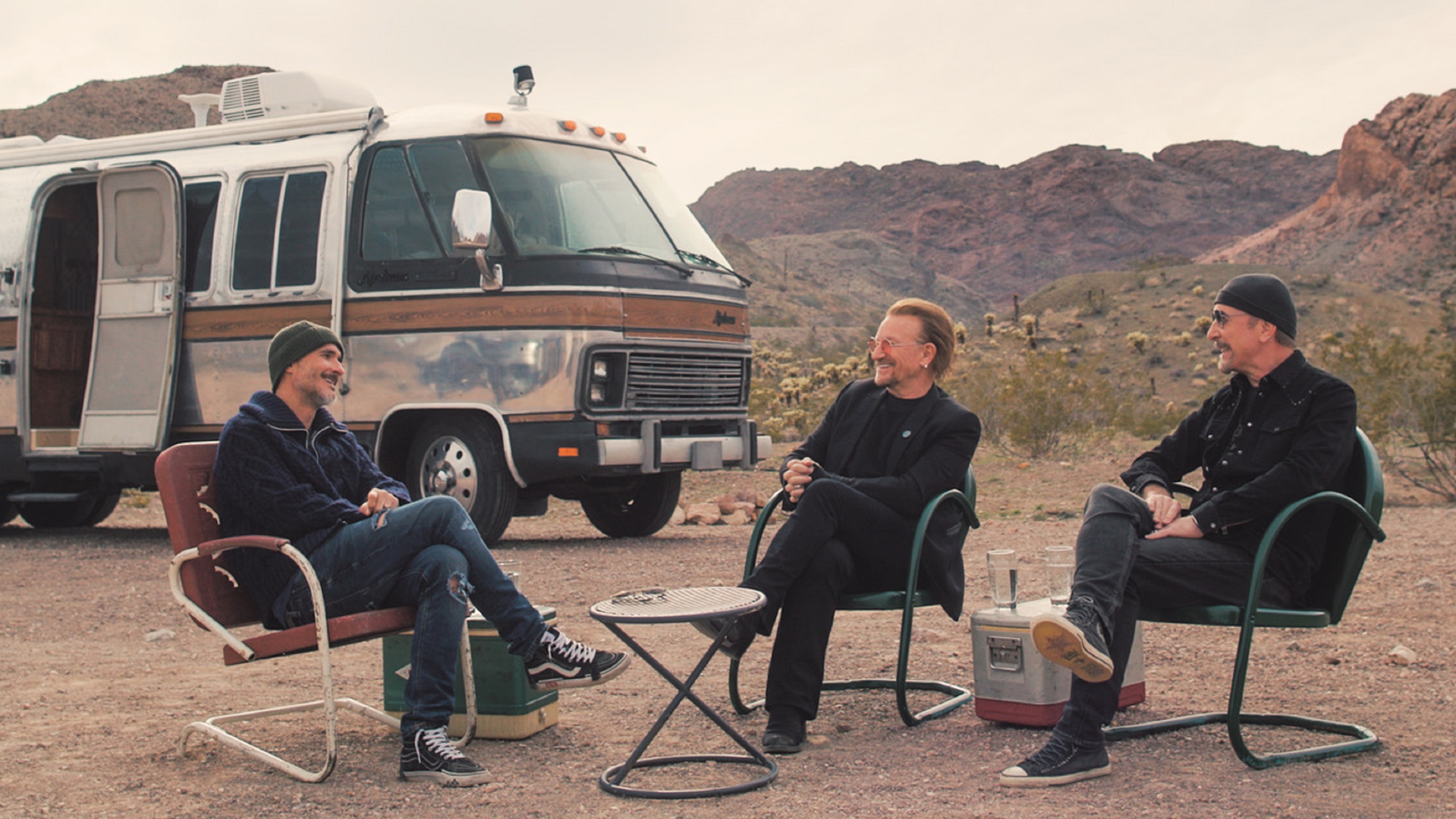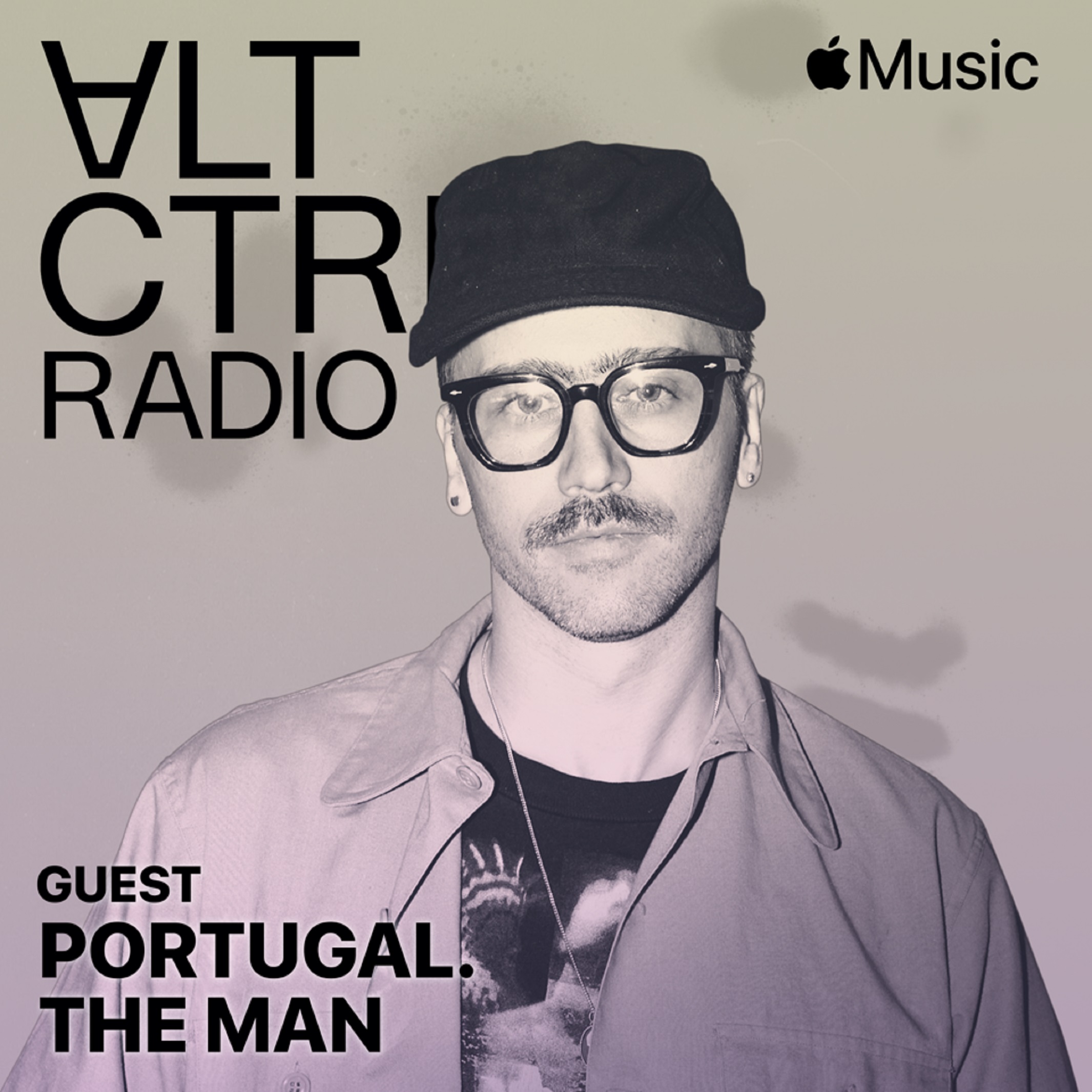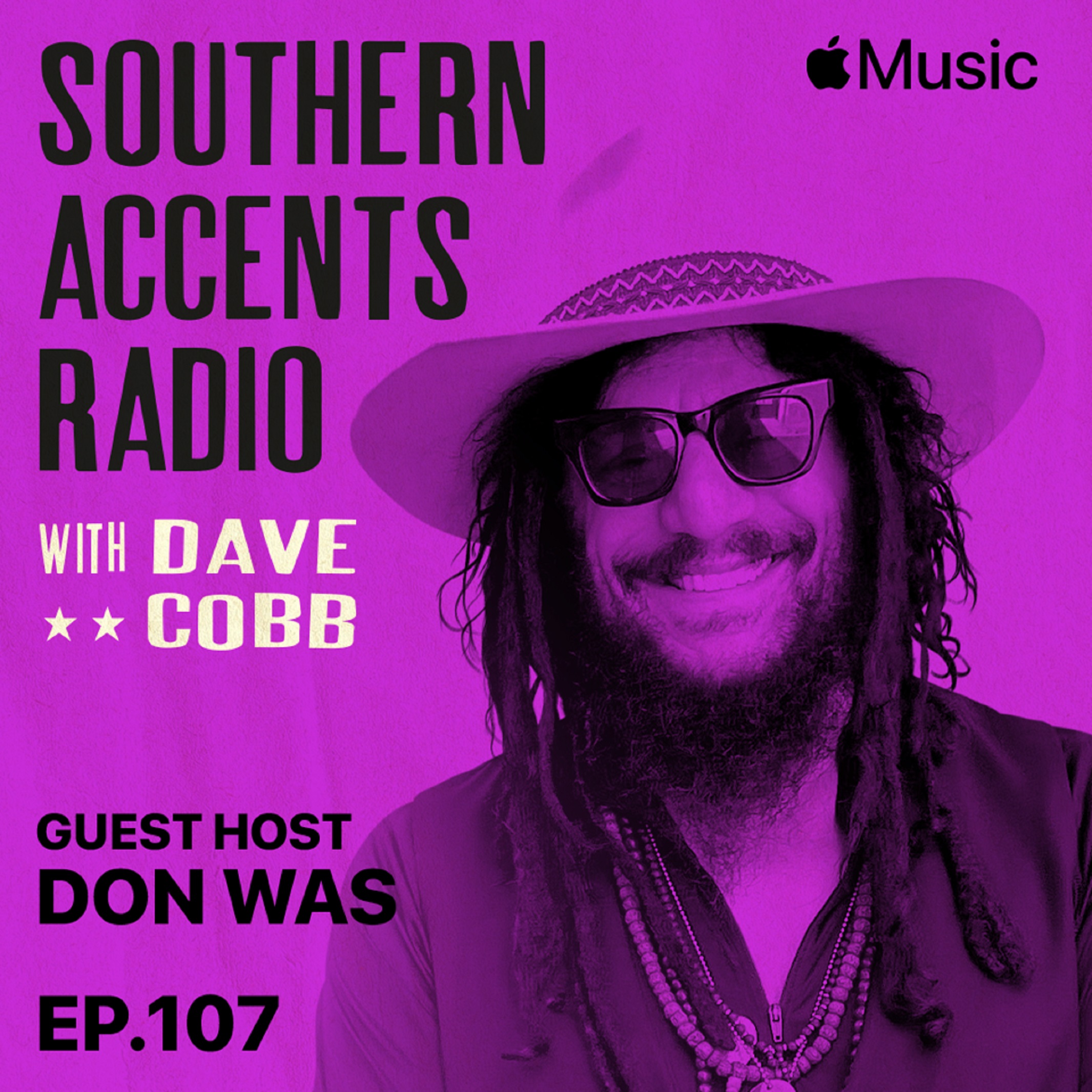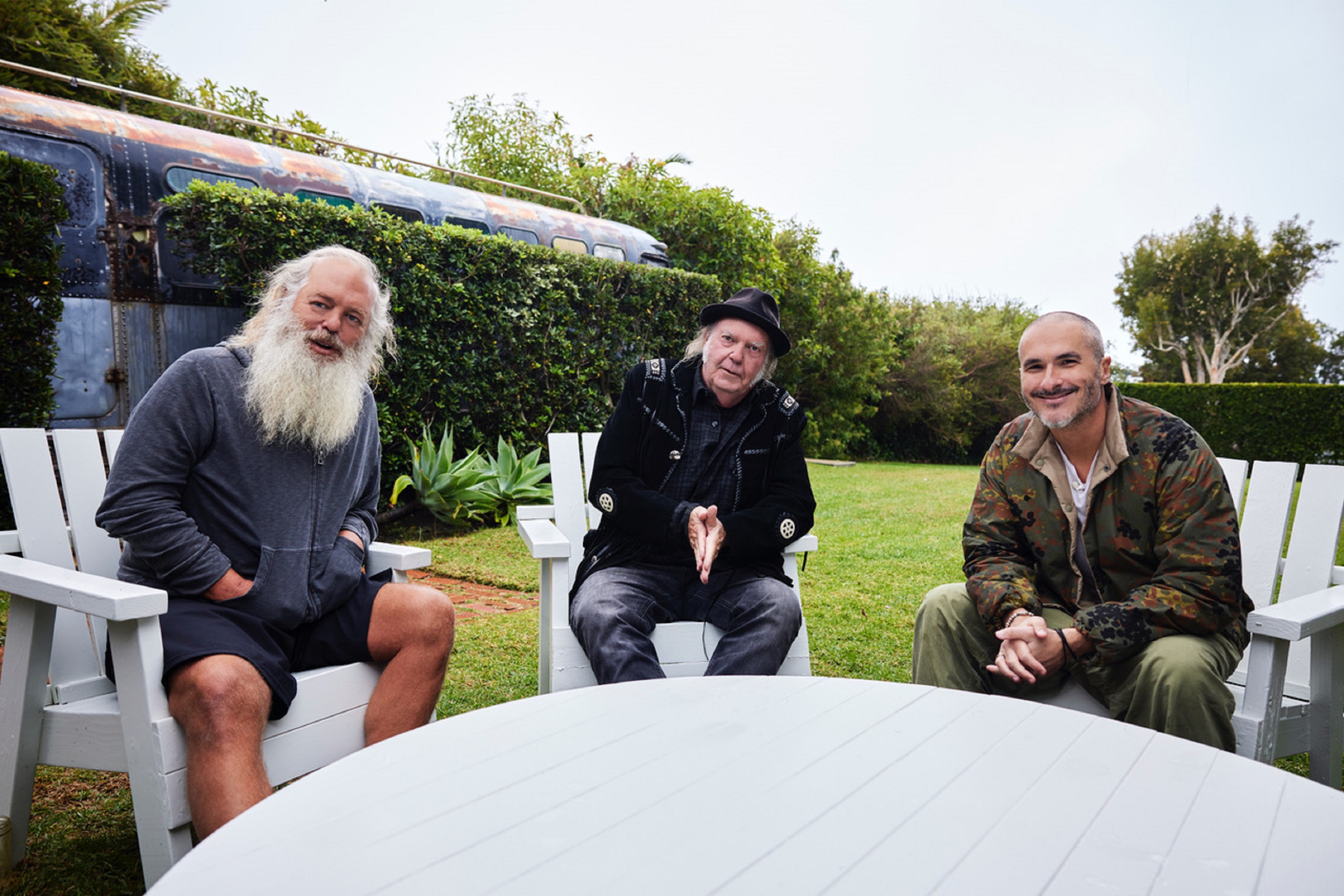T Bone Burnett joins Southern Craft Radio with Joy Williams to chat about ‘Raise The Roof,’ Robert Plant & Alison Krauss’s upcoming record which he produced, his advice for young producers and more.
T Bone Burnett on Robert Plant and Alison Krauss
T Bone Burnett: There's this magical thing about the two of them together that... and you can’t describe it. It’s like a Venn diagram, where you have two circles that cross over and create a third space in the middle. It's that third voice that you hear. And then they have all of these opposites that become part of that, which is really pretty great. He's like a blues guy and she's a country girl. He's a blues cat.
Joy Willams: Blue in both.
T Bone Burnett: Yeah, yeah. No, that's exactly right. Alison does a version of "Last Kind Words" on this, the Geeshie Wiley tune, and it's amazing to hear her sing it because there's no affectation whatsoever. She sings it just like she says it, just like she talks it. She just says it. She sings a very specific melody, but with that, because it's not affected, it's just a beautiful song. It could be a bluegrass song or it could be a blues song. It could be either one. It doesn't matter because she's not either one.
T Bone Burnett on the sound of ‘Raise The Roof’
Joy Willams: With Raise The Roof... It's a little more darker and spacier, to me, feel. Was that an intentional move that you guys had before you got in studio?
T Bone Burnett: The idea was to make it not in any genre. I try not to work in a genre. So that way, you have a chance of creating something that can sound like it was done any time from 1960 to 2020 or something like that.
Joy Willams: Yeah. It's so fascinating, hearing you say that because in a way, what comes up for me is like, "I'm not trying to belong so that I can belong to more."
T Bone on advice he has for young producers
T Bone Burnett: The main thing I think is that… You know my life has been a study in collaboration, it's become increasingly, decreasingly important to me to be in control of anything in a collaboration.
Joy Willams: Decreasingly important.
T Bone Burnett: Decreasingly. It's the same thing. You want to choose your collaborators carefully.
Joy Willams: Just like your bedfellows.
T Bone Burnett: Yeah, that's right. So that you can move effortlessly in a direction. I would say you do that through trust. I would say of course, love is underneath and above all of it. You have to love the person because you have to. It's your job to do as true a recording or a picture of a person as possible.
Joy Willams: Yeah, to elevate them in a way, too.
T Bone Burnett: Yeah, to take the best parts of them and all of those things. But trust empowers people. Distrust disempowers people. Distrust makes people doubt themselves, makes people not want to go on. It does nothing but cause problems. So I think the most important thing to do with a collaborator is to get to a point of trust, that they're going to have your best interests at heart, and you're going to have their best interests at heart. And there are things that it's been difficult for me to say to artists, really difficult, and things I regretted saying before I said them. You know? But almost always, the right thing happens. Generally, if somebody has an idea and you think, "I don't like that idea. I don't want to do that" or "I don't want to do that song," if you don't say anything, the first person to go, "Oh, this doesn't work" is the person who suggested it.
Joy Willams: Let it happen, in a way. Let it pass.
T Bone Burnett: It’s a few minutes. Who cares? Give him a half hour to try his idea out and go smoke a joint.
T Bone calls on artists to imaging a better future
T Bone Burnett: So, as artists at this point we have to spend, I believe, all our time imagining a better future. You know? Jules Verne imagined going to the moon, right? A scientist wasn't imagining going to the moon, Jules Verne did, right? And science, a hundred years later, figured it out. We got to have something like going to the moon...
Joy Willams: That we're reaching for.
T Bone Burnett: Yeah. Well, maybe it's post language, maybe we need to get past language entirely. Because language is obviously built for non-communication, it's not built for communication. And that's true for all language. I mean, music's very much what we are, the way we...
Joy Willams: It’s vibration. So much of it is vibration.
T Bone Burnett: That’s right. So, the neuroscientists say that the things that we can see are the notes of the strings vibrating beneath them, that's string theory. So if that's the case, then that's what we are is music, we're made up of music and all of this is. So maybe we need to get closer to the source. The artists have to get us to a new place. Nobody else is going to do it, the politicians aren't going to do it, the religious people aren't going to do it. Bless their hearts.
Joy Willams: As they say in the south.
T Bone Burnett: The first time I've ever used that phrase.
Joy Willams: Wow, here? It happened here. You never forget your first.
T Bone Burnett on why he never plans to perform again
Joy Willams: So you played in the band when ‘Raising Sand’ toured. Are you planning on hitting the road again?
T Bone Burnett: I plan on never performing again, really and truly.
Joy Willams: Why? Why?
T Bone Burnett: I never wanted to in the first place. As I said, I wanted to be Burt Bacharach behind the scenes. Even he's performing now, but he's like 95 years old or something, man, and he's killing it.
Joy Willams: And you don't want to do that?
T Bone Burnett: No, I don't want to. Allen Toussaint died on the road and I don't want to that. At my age, you have a 50/50 chance of making it another year, and most people go by falling down. You just start thinking about all this stuff that you never would've thought about before.
Joy Willams: Yeah, definitely not in your 20s. You're not thinking about that.
T Bone Burnett: No, certainly not. You're thinking about like... 35 seems impossibly far away when you're 20.
Joy Willams: Yeah, it does. It did. That's in my rearview, too.





